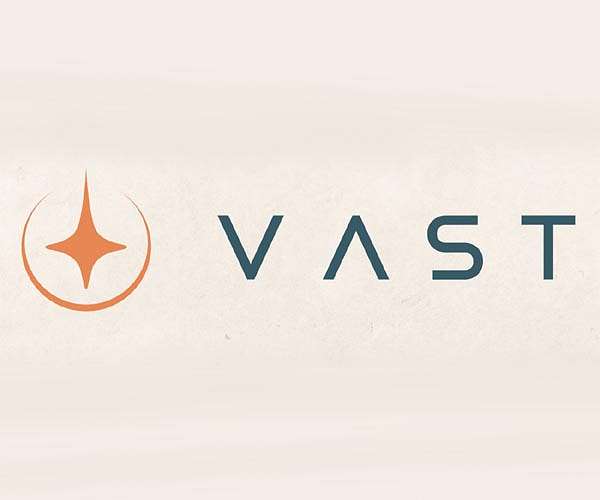Vast is a California-based startup and one of the newest entrants in the world of privatized spaceflight. They plan to use a SpaceX rocket to launch the world’s first commercial space station which they call Haven-1.
Vast announced the agreement with SpaceX last Wednesday but did not say how much the deal would cost. It is also not clear how much a prosed space station would cost visitors which could include astronauts or tourists.
Jed McCaleb is the founder and CEO of Vast. He said in a statement that the company is “thrilled to embark on this journey of launching the world’s first commercial space station, Haven-1, and its first crew, Vast-1.”
McCaleb said that he is investing three hundred million dollars of his own money into the project. He does not plan to seek outside investment for Vast until the space station has been built and is generating revenue. He acknowledges that the overall project will likely cost him much more than three hundred million dollars.
There is no guarantee that Vast will indeed become the first company to put a private space station in orbit. Vast says that it is aiming for a launch date as early as August of 2025. Developing and constructing a space station is an exceedingly complex endeavor. It requires extensive testing and key technology such as life support systems.
McCaleb said that Vast will have a significant advantage because it can leverage the life support systems already developed for SpaceX’s Dragon spacecraft. Vast plans to use SpaceX rockets to carry passengers to its space station.
Vast will equip its Haven-1 space station with the necessary consumables such as oxygen, water and other life sustaining materials. However, the company will not have to develop a life support system from scratch.
Other companies, including several with support from NASA, are also working to develop private space stations. NASA and its global partners are seeking to use a privately developed space station to replace the aging International Space Station (ISS). The ISS has been continuously inhabited in low-Earth orbit since 2000.
The Biden-Harris administration and officials in Canada, Japan and participating countries of the European Space Agency (ESA) authorized the ISS to stay in operation through 2030. Russia has said that it will only guarantee that it will participate in the ISS through 2028.
Max Haot is the president of Vast. Haot headed the aerospace company Launcher before it was acquired by Vast in February. He said, “The Dragon team and the team and leadership (at SpaceX) really want to build a Falcon 9-based space station. So, we’re very, very aligned.”
Vast’s simple, single structured Haven-1 space station will be able to be launched on a SpaceX Falcon 9 rocket. The Falcon 9 is the workhorse vehicle that SpaceX has been launching for over a decade. After the spacecraft is sent into orbit, SpaceX would provide training to the four member crew for a mission called Vast-1
Vast said in a press release, “Vast is selling up to four crewed seats on the inaugural mission to Haven-1. Expected customers include domestic and international space agencies and private individuals involved in science and philanthropic projects.”
Initially, Vast plans for Haven-1 to operate independently, free floating in Earth’s orbit. Later the company plans to attach other modules to construct a bigger space station.
Vast said that its ultimate goal is to construct a massive orbiting space station with artificial gravity. It could be launched on a SpaceX Starship vehicle. The Starship is still in the developmental phase.
